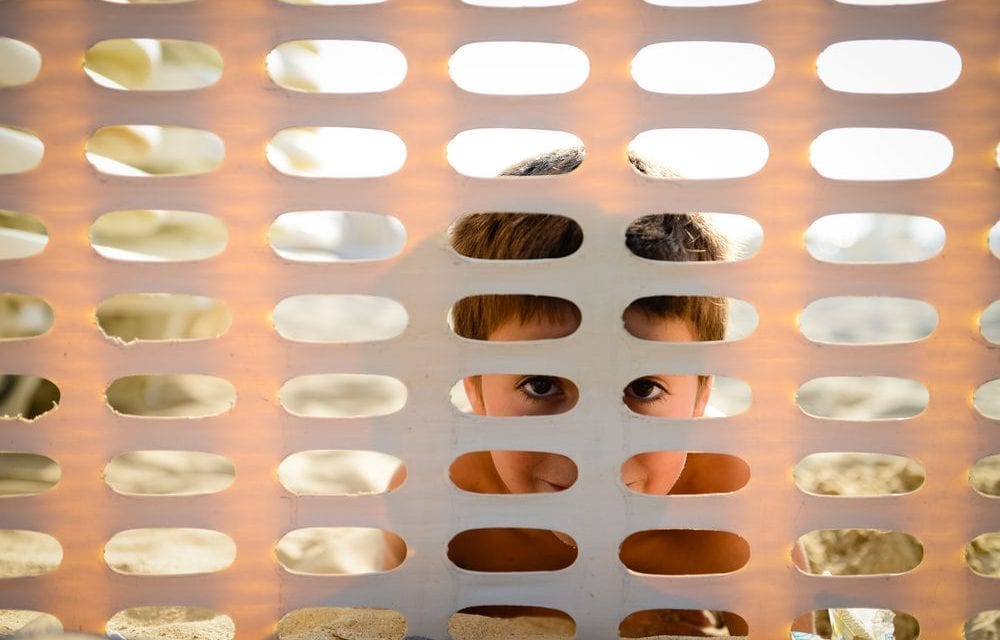Imagine this: the story you hold of your child is like an expectation-setting magician. The story unfolds from the labels and language we put on our children. Each label brings not only a story, but a connected set of expectations.
These expectations are like life limiters. They define how hard we will work, what we set as goals, who we hang out with, and how much we will stretch ourselves. Expectations also stretch into areas of happiness and self-esteem. Almost all efforts, as well as the direction of those efforts, are determined by expectations, which are magically set up by the labels and language we use to define our children.
.
The story functions like magic, because we rarely explicitly express these limitations, yet they are ‘magically’ embedded in our child’s belief systems.
Parents often enter my office, eager to summarize the story of their child. It may sound like this:
- “My son has ADD and he’s a handful.”
- “My daughter is a strong-willed child.”
- “My kids all take after their father…. they just can’t listen to anyone.”
- “My son needs lots of extra help. He’s got Asperger’s.”
- “My daughter’s shy. It’s just who she is.”
Chances are that you may even have a “story” of your own about your kids that seems somewhat similar. You might even argue that this is not a story, as your child has been diagnosed with a certain disorder, or that multiple professionals have supported this interpretation of your child’s personality and behavior.
I’m not asking you to surrender the diagnosis; such labels can be helpful, especially in terms of directing services to children who are in need. There is no need to seek extreme perspectives.
Instead, let’s just have a clear understanding. Every diagnosis/ label evokes a story and with it a set of expectations. The problem is that the story is fixed. It’s now a frame of reference that defines how you view your child. Filters are put in place, which restricts everyone’s ability to see your child as an evolving, learning human being. As you begin to view your child through that set of filters, your literally ‘install expectations’ that limit their lives.
Finding Orange Juice In The Grapefruit.
If you look at an orange, you immediately have expectations and thoughts about what the orange will feel like, look like, and taste like. It’s hard to think grapefruit when you’ve got orange on the mind. It’s hard to think tomato when you have orange on the mind. The orange label becomes an all-encompassing label that now defines the experience we’re going to have.
It even gets more complicated. Because now, if I blindfold you and tell you to drink the orange juice, you will likely scramble your brain to discover the ‘orange juice’ in the grapefruit juice I deceptively just gave you. It’s true! We fight to fit the world into the stories we hold. This is the real problem.
When we drop a label on children, such as ADHD, it tends to have the same effect. The label now defines and limits how we view your child. Not only mental health professionals, but teachers, parents, and other health care professionals will begin to see your son through the eyes of that label.
But labels are never the whole story; they’re never really ‘your child.’ The description or diagnosis is a partial explanation of some sub-set of behaviors, that is NOT your child.
If we could put a label such as ADD on your son or daughter, and hold this in the same frame that we hold the color of their eyes, I wouldn’t really have an issue. We would only see this as one small part of their overall personality, and we also wouldn’t use the story to set such severe limits on how they perceive their potential.
Most diagnostic labels come with a much bigger story and much greater implications for your choices. Many clinicians and parents struggle to see what’s possible through these diagnostic lenses that have limitations built into them. Assumptions are made about what kids need to learn, which often creates more dependence rather than independence.
Hold The Bigger Story: Whole And Complete…In This Moment.
The alternative is to live in a state of greater truth, where we acknowledge that there is so much more to your child’s life than we will ever understand. The mystery and magic behind every living human being are well beyond our ability to comprehend it. If you can hold your child’s personality and behavior as amazing, and you view his potential as unlimited, you can keep parenting them in a manner to support their ultimate growth and development.
The more you know that your kids can learn, and respond to them in a manner that supports their learning, the more they will develop that belief. The more that you’re willing to test them, and let them struggle and be frustrated, and then learn to get through it…. the more they’ll learn how to handle their future frustrations and struggles.
When dealing with their behavior, view each moment as full of potential and treat them without limitations or expectations. Don’t coddle and protect. Treat them as a whole, complete, and ready-to-learn individuals. If that happens, the label can remain useful and you can be free to still teach possibilities well beyond the label.














